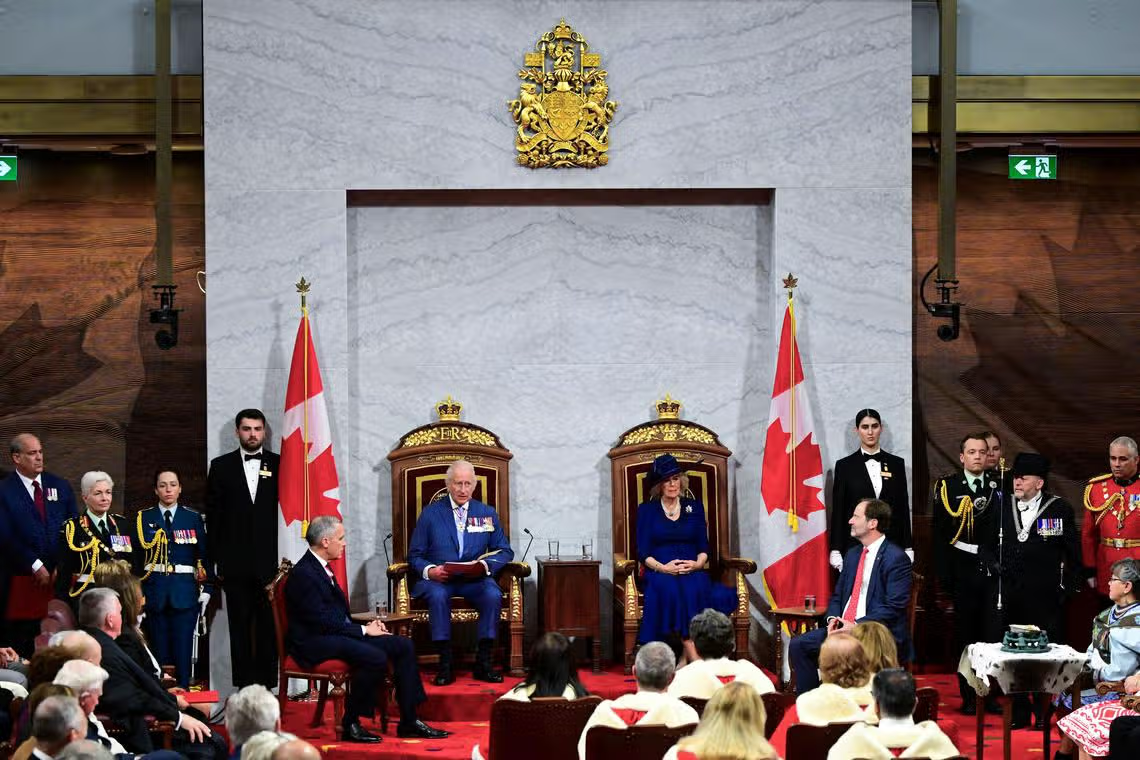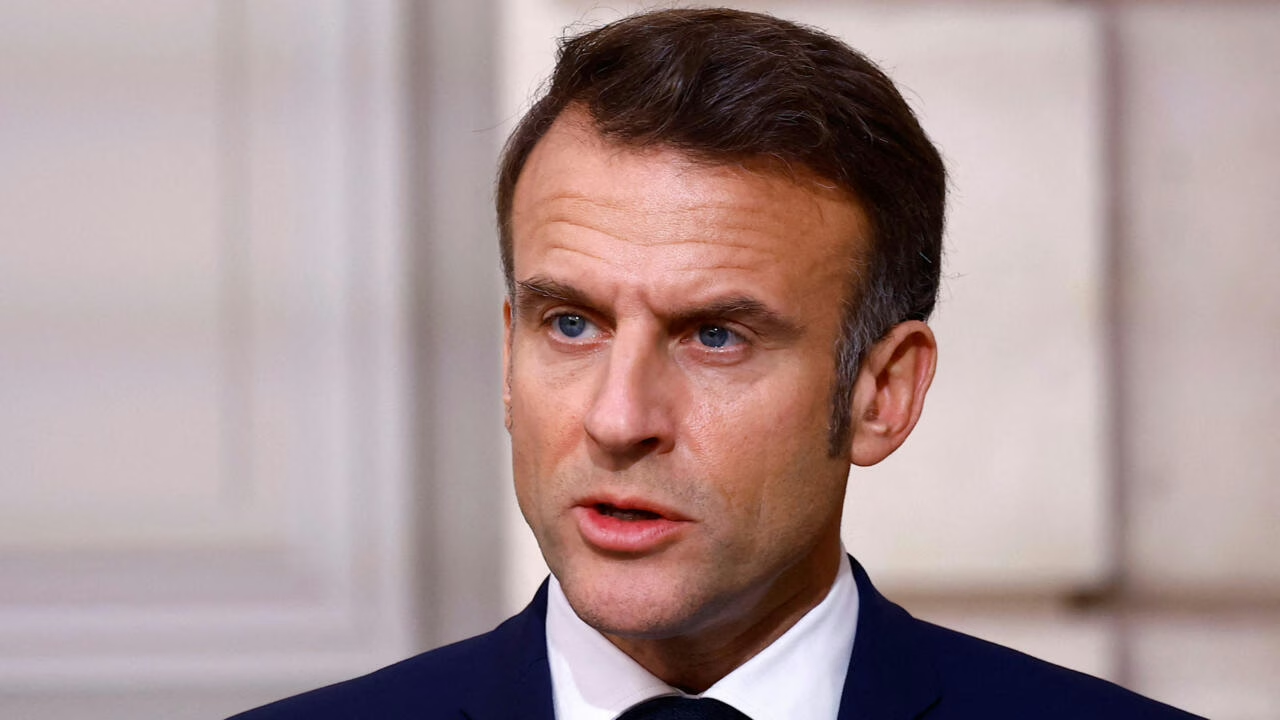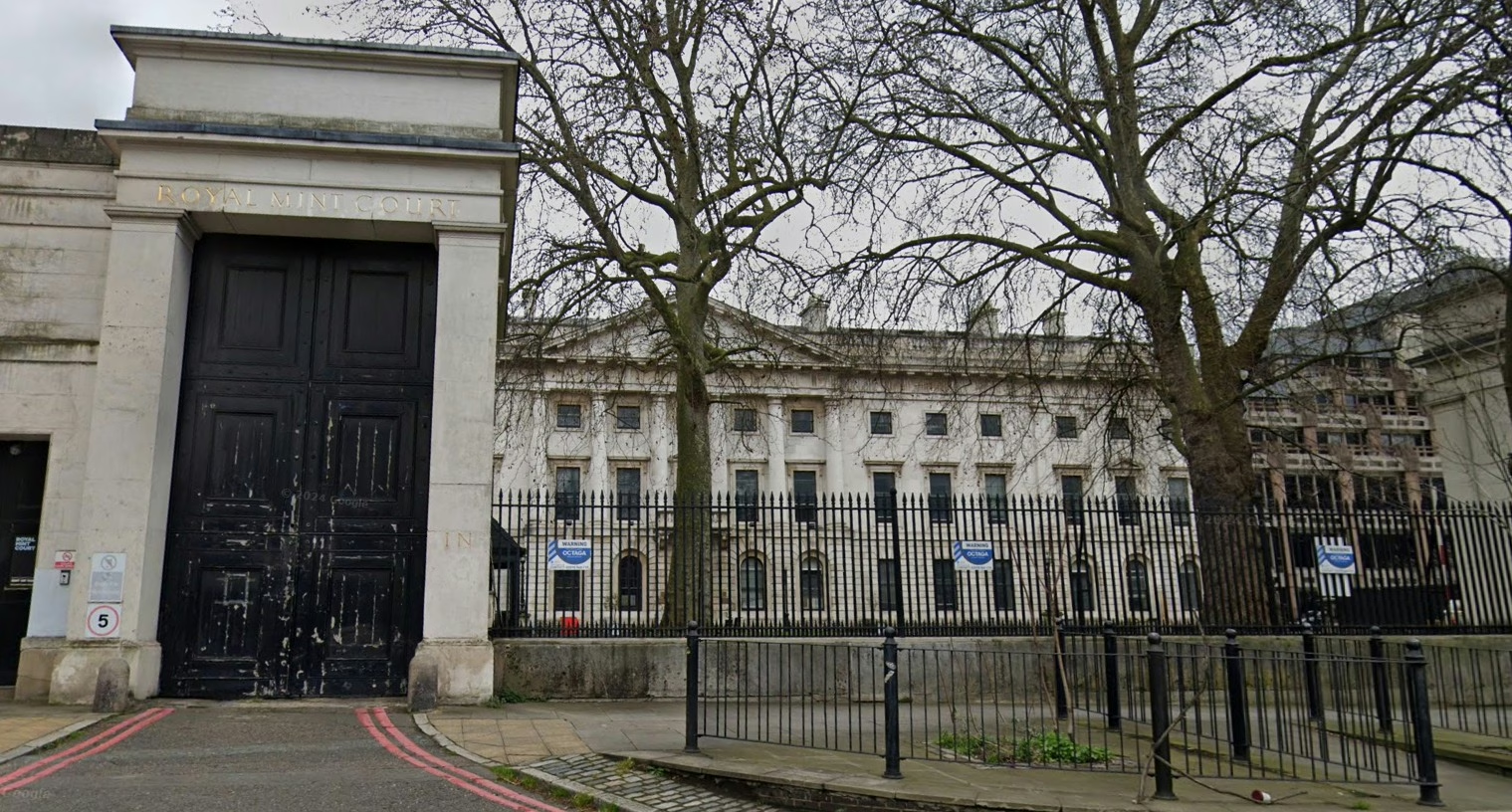King Charles III presided over the opening of Canada’s 45th Parliament in Ottawa’s Senate yesterday, delivering a stirring Speech from the Throne. This marked his first appearance as monarch to deliver the address and the first time a British sovereign has done so since Queen Elizabeth II in 1977. The speech not only outlined the Canadian government’s agenda but also served as a resolute defence of Canada’s sovereignty amid provocative remarks from US President Donald Trump.
Tensions Flare Over Trump’s Comments
Trump has recently stirred controversy by repeatedly suggesting that Canada be annexed as the “51st state” of the US, escalating tensions between the two nations. Canadian Prime Minister Mark Carney sharply rebuffed these claims, stressing Canada’s inviolable sovereignty and inviting King Charles to open Parliament as a symbolic gesture of national unity. The King’s visit is widely seen as a direct response to Trump’s provocations, rallying Canadians around their independent identity within the Commonwealth.
King Charles’ Speech Strikes a Chord
In a 20-minute address, delivered with warmth and conviction, King Charles underscored Canada’s sovereignty, democratic values, and commitment to freedom. Quoting the Canadian national anthem, O Canada, with its call to remain “strong and free,” he indirectly addressed Trump’s remarks, earning resounding applause from the Senate. Key points of the speech included:
- Defending Sovereignty: The King reaffirmed Canada’s status as an independent nation, stressing the importance of its constitutional democracy and federal unity, urging Canadians to stand united.
- Government Agenda: The speech outlined Carney’s priorities, including economic recovery, climate change action, Indigenous reconciliation, and healthcare reform.
- Global Leadership: Charles highlighted Canada’s role in international affairs, particularly in environmental protection and human rights.
- Cultural Unity: He praised Canada’s multiculturalism and committed to advancing reconciliation with Indigenous communities, advocating for a more inclusive society.
Drafted by the Canadian government, the speech was infused with the King’s personal charisma, as he referenced Canada’s stunning landscapes and resilient people, inspiring confidence in the nation’s future.
Queen Elizabeth II’s Historical Precedent
King Charles’ address builds on a rich tradition of royal engagement with Canada’s Parliament. During her 70-year reign, Queen Elizabeth II attended the opening of Parliament and delivered the Speech from the Throne on three occasions: 1957, 1977, and 1984. Her 1957 address was historic, marking the first time a British monarch delivered the speech in person, strengthening ties with the Commonwealth. In 1977, amid pivotal constitutional reforms, the Queen supported then-Prime Minister Pierre Trudeau, reinforcing Canada’s federal unity. Her 1984 visit further cemented her bond with Canadians, her warmth and dedication leaving a lasting legacy that paved the way for King Charles’ historic appearance.
A Regal Visit Ignites National Pride
King Charles and Queen Camilla arrived in Ottawa on 26 May for a two-day visit. They engaged with the public at Lansdowne Park, participated in a ceremonial tree planting, and laid a wreath at the National War Memorial. The visit was marked by a 21-gun salute and a 100-person honour guard from the Royal Canadian Legion’s Third Battalion, with a flypast by the Royal Canadian Air Force capping the event.
Public response was overwhelmingly positive, with many lauding the King’s defence of Canadian sovereignty. One citizen remarked, “King Charles’ speech made us proud—Canada will always be a free nation!” Others reflected on Queen Elizabeth II’s visits, noting that the King “carries forward the Queen’s spirit of unity.”
What to Expect from the Speech
As Canada’s head of state, King Charles’ address was more than a policy statement—it was a unifying call to action with global resonance. Analysts predict the speech will bolster Canadian national identity and strengthen the country’s independent stance internationally. In response to Trump’s provocations, the King’s visit provides diplomatic heft to Carney’s government, with expectations of bolder foreign policy and economic strategies to navigate Canada-US relations.
The emphasis on Indigenous reconciliation and climate action signals the government’s intent to prioritise sustainability and social equity. Canadians anticipate concrete measures from Carney’s administration in the new parliamentary session to deliver on these pledges. Drawing on Queen Elizabeth II’s legacy, King Charles’ speech could mark a new chapter in Canada’s political and cultural cohesion, reinforcing the monarchy’s symbolic role.
Conclusion
King Charles’ Ottawa visit, steeped in the legacy of Queen Elizabeth II, has opened a new chapter for Canada’s Parliament. In a time of global uncertainty, his speech has galvanised national pride and resolve. As he declared, “Canada’s future is written by the resilience and unity of its people.” This address not only countered external challenges but also charted a bold path forward for the nation.
Discover more from “Bridging Hongkongers. Reporting Truth.”
Subscribe to get the latest posts sent to your email.




